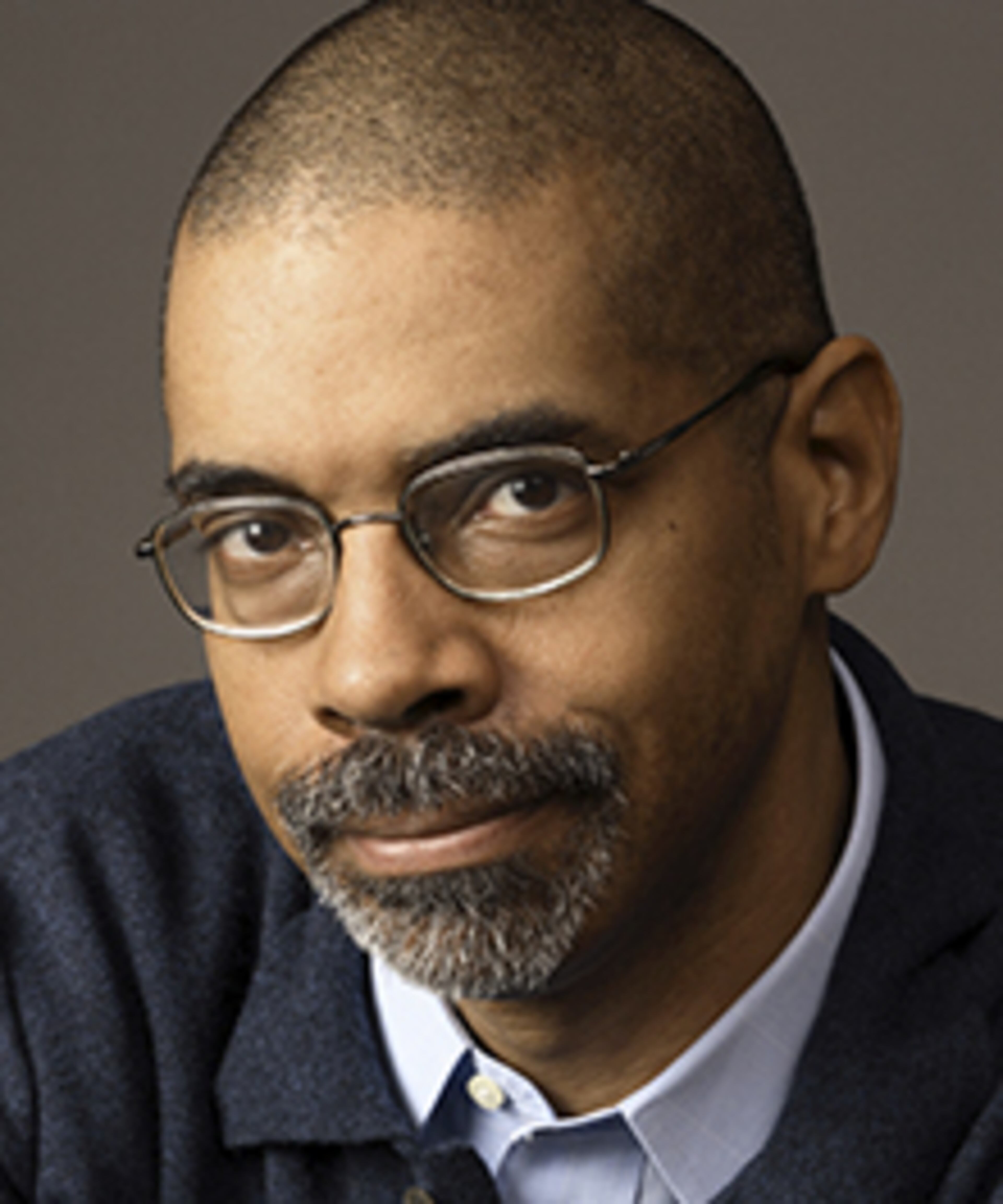Opinion: Supreme Court leaker should come forward
Decades ago, during my service as a law clerk at the U.S. Supreme Court, a friend who was also a reporter called me at my desk, rushed through a question about a rumor flying around the city, and then added breathlessly, “Of course I’ll protect you as my source.”
The conversation was ... short.
I do not, as a rule, like leakers. Leakers are liars.
Among such lying leakers I include whoever provided Politico with what was a draft of a majority opinion by Justice Samuel Alito overturning the court’s almost half-century old precedent in Roe v. Wade. Whatever our views of Roe, or of the sphere of choice generally, none of us should be celebrating the leak.

Don’t get me wrong. A lie in a good cause can be excused, but a culture of leaking (as Washington has become) is no better than a culture of lying.
Why are leaks so bad?
Let’s consider how a leak occurs. The leaker, to have something to leak, must have a job in which secrets are entrusted to employees. Thus, whether or not the leaker has actually signed an NDA, the leaker is in a relationship of mutual trust and confidence with both supervisors and fellow employees.
The leaker surely assumes that the costs of the leak, whatever they are, will be outweighed by the benefits. But as the legal scholar Mark Fenster points out in his book “The Transparency Fix,” even years later, the balance can be difficult to judge.
What makes the leaker a liar is that the leaker intends to bear none of the costs. They might fall on the institution the leaker works for, they might fall on the person the leak implicates, but the leaker expects to remain trusted.
Thus the leaker is engaging in a classic lie of omission, concealing the leaker’s own conduct. The leaker is also committing a lie of commission, presenting a false front to coworkers. A leaking law clerk or other staffer in effect wants to continue to enjoy both the prestige of the post and the trust of the justices and of other court employees. The only way to gain this end is to continue presenting in the workplace the image of one who would never dream of leaking.
Is there news so vital to the nation that not leaking would count as irresponsible? Of course. Witnessing a justice take a bribe, for example. The draft of a possibly forthcoming opinion just doesn’t measure up.
Let’s imagine two scenarios.
First, the law clerk leaks the draft because the clerk is a careless braggart, whose already sky-high senses of self-importance and self-importance are puffed even further by the ability to share an inside truth. In this case, the law clerk is a person who should not be trusted with a single confidence.
Second, and more charitably, the law clerk is a person of great discretion who ordinarily keeps every confidence, but who is so upset by the knowledge of what is about to occur that the leak seems like the only way to try to stop it. In this case, the law clerk centrally misunderstands why there’s a Supreme Court at all. If we believe that the justices ought to be swayed not by each other’s arguments but by an angry public, much of the work the left so admires might never have happened.
I include in this judicial work Roe v. Wade itself. Many historians see the abortion decision as the straw that broke the back of a dissenting Christian right that had previously preached a strong separation of church and state - including the many congregations that believed one shouldn’t vote - and led to the election of Ronald Reagan. Had the opinion been leaked in advance, the public firestorm that followed would instead have arisen before the decision was announced. Yet had such a firestorm changed a single vote, all who believe in the Supreme Court’s work would surely have been mortified.
The Politico leak is far from the first ever to trickle down from Mount Justuvius. The best remembered occurred in 2012, three days after the court upheld most of the Affordable Care Act, when CBS News reported that the Chief Justice had switched sides. Less recalled is 1919, when a law clerk to a senior justice leaked the result of a pending railroad case to a group of friends, who traded ahead of the news and made a tidy little profit. (They were indicted.)
So, no, I don’t think the sky is going to fall. I’m quite sure, however, that none of the clerks it was my privilege to know so long ago at the Supreme Court would have dreamed of committing such an offense. To do so would have been contemptible. Breaking our implied promise to keep the justices’ confidences would damage the trust necessary to the operation of the institution we served.
This column does not necessarily reflect the opinion of the editorial board or Bloomberg LP and its owners.
Stephen L. Carter is a Bloomberg Opinion columnist. He is a professor of law at Yale University and was a clerk to U.S. Supreme Court Justice Thurgood Marshall. His novels include “The Emperor of Ocean Park,” and his latest nonfiction book is “Invisible: The Forgotten Story of the Black Woman Lawyer Who Took Down America’s Most Powerful Mobster.”


